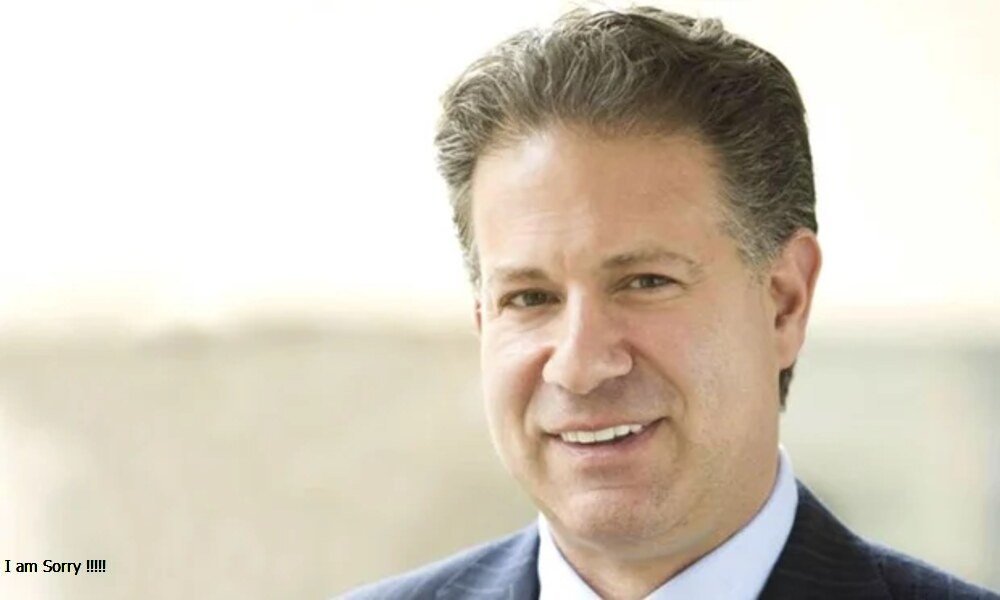Introduction to Death and Progress in Philosophy
The relationship between death and philosophical thought evolution is profound and paradoxical. Throughout history, the death of thinkers has not marked the end of ideas but often sparked the emergence of new paradigms. The passing of philosophical figures can act as a catalyst, inviting the next generation to question, refine, or revolutionize existing frameworks. This symbiotic relationship between death and intellectual progress forms the core of a continuing conversation within academic and cultural spheres. In recent times, platforms like Daily Nous have explored this dynamic extensively, while thinkers like Tymoff have added nuanced personal dimensions through introspective insights. This article examines the concept of “death and progress in philosophy – daily nous – tymoff” from multiple angles to offer a rich, informative look at how endings frequently initiate new beginnings in thought.
How Death Influences Philosophical Paradigms
Death is not merely a biological event in the philosophical context—it is a rupture in tradition, a space for new perspectives to emerge. Historically, the passing of towering philosophical figures often marked turning points. The death of Socrates, for instance, symbolized the end of one philosophical era and gave birth to another, as documented by Plato. Similarly, Nietzsche’s collapse and eventual death catalyzed an unprecedented interest in existentialist and post-structuralist critiques.
When influential philosophers pass away, they leave behind a vacuum that younger scholars and thinkers rush to fill. This gap creates an opportunity for intellectual re-examination and, in some cases, radical reformation. Michel Foucault’s death in 1984 marked the end of a dominant intellectual epoch, prompting followers and critics to deepen or depart from his structuralist ideas. In this way, death serves as a fulcrum around which schools of thought rotate, disband, or regenerate. The impact of death on philosophical schools is therefore less about finality and more about transformation.
Philosophical Progress: Defining and Debating the Concept
What does it mean for philosophy to “progress”? Unlike scientific fields, where progress is often measurable, philosophy deals in abstract reasoning, making “progress” a contentious term. Some scholars argue that philosophical progress occurs when debates become more refined or inclusive. Others maintain that it happens when old concepts are discarded in favor of newer, more relevant ones.
One key aspect is whether progress in philosophy should be seen as cumulative or revolutionary. Cumulative progress implies building upon previous ideas, while revolutionary progress involves breaking away entirely to create new modes of thought. Though primarily a historian of science, philosophers like Thomas Kuhn have influenced this debate with concepts such as paradigm shifts, which are equally applicable to philosophical thought.
Contemporary discussions increasingly highlight the value of diversity and intersectionality in driving philosophical development. These broader perspectives challenge the Eurocentric and patriarchal norms that have historically dominated the field. Thus, the evolution of philosophy involves not just an accumulation of knowledge but also a transformation of the frameworks within which that knowledge is generated.
Daily Nous Insights: Contemporary Discourse on Death and Progress
Daily Nous, a widely respected platform for academic philosophy, frequently addresses themes of change, mortality, and intellectual legacy. Discussions on the passing of prominent philosophers often lead to reflections on how their ideas continue to shape or limit contemporary thought. Articles on Daily Nous frequently explore how the death of a philosopher might allow for the emergence of marginalized voices, especially when that individual had a dominating presence in the field.
One compelling insight is that death removes the authoritative voice that may have monopolized certain discourses. Without that central figure, debates open up, and what was once a fixed interpretation becomes fluid and negotiable. For example, following the death of influential ethicists or political theorists, we often see renewed debate and reinterpretation of their key texts. This digital platform facilitates these transitions by allowing scholars to publish, critique, and collaborate, ensuring that philosophy remains a living discipline.
Moreover, Daily Nous encourages open dialogue about philosophers’ responsibilities to mentor and eventually pass the torch, highlighting the natural and necessary cycle of philosophical renewal.
Tymoff’s Perspective: The Inner Life and Its Role in Progress
While academic discussions offer structural analyses, Tymoff’s philosophy adds an introspective, almost meditative layer to this discourse. Known for his emphasis on calmness, control, and internal discipline, Tymoff argues that actual philosophical progress begins within. His philosophy resonates deeply with ideas of personal growth, emotional intelligence, and ethical living, aligning with ancient Stoic and Eastern philosophies.
Tymoff often emphasizes that awareness of death should not lead to despair but to heightened mindfulness. Awareness of mortality acts as a mirror that reflects what truly matters. In this sense, his views on death transcend academic theorizing and touch upon a lived experience that fosters internal evolution. When individuals engage in self-reflection prompted by the concept of death, they contribute to broader cultural and philosophical dialogues.
Tymoff’s approach suggests that philosophical change doesn’t only occur in journals and classrooms, but also in the quiet moments of self-realization. His perspective broadens our understanding of “death and progress in philosophy” to include psychological and existential dimensions often overlooked in traditional academia.
The Dynamic Between Legacy and Innovation in Philosophy
One of the most complex aspects of death in philosophy is managing the tension between preserving a legacy and fostering innovation. Legacies offer a sense of continuity, anchoring new ideas in established traditions. However, they can also become restrictive when venerated to the point of being untouchable.
When influential philosophers pass away, their work enters a new phase of life—interpretation. This opens the door for innovative readings that may challenge the original intent but remain within the spirit of philosophical inquiry. At times, new schools of thought emerge precisely because a dominant intellectual presence no longer overshadows dissenting voices. For example, the decline of logical positivism made space for the rise of ordinary language philosophy and postmodern critiques.
Balancing legacy and innovation requires both reverence and courage: reverence for the giants upon whose shoulders we stand, and courage to think independently, even defiantly, when necessary.
Future of Philosophy: Learning from the Past, Thinking Ahead
Looking forward, philosophy’s evolution will continue to be shaped by the same cycles of death and rebirth. However, new dynamics are at play, particularly the role of digital media in shaping philosophical discourse. Platforms like Daily Nous allow ideas to spread quickly, facilitating a more democratic and immediate exchange of thought.
Moreover, there is growing attention to interdisciplinary and global perspectives. Philosophical ideas increasingly draw from diverse cultural contexts, moving beyond the Western canon. This global engagement enriches the field and ensures its continued relevance.
As technology, politics, and culture evolve, so will the questions philosophy seeks to answer. Yet, the pattern remains consistent: countless others rise to speak when one voice falls silent. The future of philosophy, therefore, lies not just in preserving what has been but in daring to imagine what could be.
Conclusion
The interrelation between death and progress in philosophy is far from abstract—a living, breathing reality that continues to shape intellectual landscapes. Whether through the historical shifts following the demise of great thinkers, the conceptual debates around what constitutes progress, or the personal insights offered by figures like Tymoff, it is clear that death often seeds the ground for renewal. Platforms like Daily Nous serve as essential spaces for these dialogues, ensuring philosophy remains grounded in tradition and open to transformation.
In reflecting on the phrase “death and progress in philosophy – daily nous – tymoff,” we find a multifaceted truth: philosophy is not a static discipline but an evolving conversation. It learns from loss, grows through dialogue, and finds meaning not just in life, but in the honest contemplation of its end.
Do Read: Top 15 Home Remedies to Cure Open Pores on Face & – Tymoff for Smooth Skin Fast















